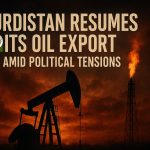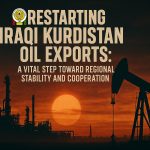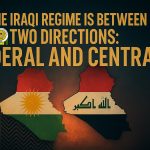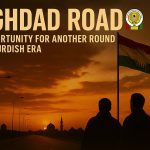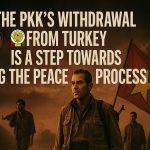Introduction: Ethnic Groups and the Kurdish Question
Throughout the twentieth century, sub-state ethnic groups—those lacking a state or formal recognition—have played pivotal roles in shaping both national and international affairs. After the disintegration of the Ottoman Empire, the Middle East was divided into new, often arbitrary, state entities. The Kurds, one of the largest stateless nations, were split across Iraq, Iran, Turkey, and Syria.
Denied linguistic, cultural, and political rights, Kurds mobilized as a distinct ethnic group and resisted assimilation. This study focuses on the Kurdish conflict in Turkey, analyzing how the struggle for identity recognition has driven Kurdish resistance movements and shaped the broader Kurdish question.
Academic Approaches to the Kurdish-Turkish Conflict
In recent years, academic research on the Kurdish-Turkish conflict has intensified. Many scholars argue that the early Kurdish uprisings were primarily triggered by religious grievances, socio-economic inequality, and underdevelopment. These factors, they claim, created alienation and conditions ripe for separatism.
However, such perspectives often overlook a crucial element: the Kurdish demand for identity recognition. From the outset, Kurds rejected the imposition of a Turkic identity and sought formal recognition of their distinct ethnicity. The failure of Turkish society and political elites to acknowledge this has perpetuated misunderstanding and flawed solutions.
Identity as the Core of the Conflict
The conflict cannot be fully explained through economic or religious grievances alone. The Kurdish struggle is rooted in a quest for dignity, recognition, and the right to preserve their language and culture. As Francis Fukuyama observed, human beings seek recognition as much as resources. Similarly, Jay Rothman reminds us that many identity conflicts are misrepresented as resource disputes when in fact they stem from denied cultural and political identities.
In Turkey, governments have repeatedly masked the identity question as an issue of underdevelopment. Yet, the persistent demands of Kurdish revolts—from 1925 to the rise of the PKK—demonstrate that recognition lies at the heart of the conflict.
Methodology and Theoretical Framework
This study adopts both empirical and theoretical approaches:
-
Empirical Evidence: Analysis of primary sources such as rebel manifestos, official documents, and historical archives on major Kurdish uprisings (1925, 1927–1930, 1937, 1978).
-
Theoretical Basis: Edward Azar’s theory of Protracted Social Conflict (PSC) and Ted Robert Gurr’s theory of Relative Deprivation.
Both frameworks highlight how identity denial, cultural repression, and exclusion from recognition escalate ethnic grievances into long-lasting violent conflicts.
Historical Origins: From Ottoman Pluralism to Turkish Nationalism
Under the Ottoman Empire, religious communities (millets) enjoyed autonomy, preserving their traditions and identities. Kurds, as part of the Muslim millet, maintained their cultural freedom.
With the rise of nationalism in the late 19th century and the founding of the Turkish Republic in 1923, this pluralism collapsed. Mustafa Kemal Ataturk’s new state pursued Turkification, abolishing the Caliphate, rejecting multiculturalism, and denying Kurdish ethnic identity.
The Treaty of Lausanne legitimized Turkey’s territorial integrity but erased promises of Kurdish autonomy. Assimilation policies—from banning the Kurdish language to renaming villages—ignited widespread Kurdish resistance.
Evidence from Major Kurdish Uprisings
The 20th century witnessed several major Kurdish rebellions, each emphasizing identity recognition:
-
Sheikh Said Rebellion (1925): Protested deportations, abolition of the Caliphate, and the ban on Kurdish language.
-
Agri (Ararat) Revolt (1927–1930): Led by Ihsan Nuri, demanded an end to assimilation and deportation policies.
-
Dersim Revolt (1936–1938): Reaction to resettlement laws aimed at erasing Kurdish identity.
-
PKK Movement (1978–present): Declared Kurdish resistance against colonial repression, demanding recognition of Kurdish language, cultural rights, and democratic freedoms.
Across all uprisings, the recurring demand was clear: Kurdish identity must be officially recognized.
Implications for Conflict Resolution
If the denial of Kurdish identity is the root cause of the conflict, then any lasting solution must begin with official recognition. Recognition would not necessarily mean secession but could take the form of:
-
Constitutional recognition of Kurds as a people.
-
Education in the Kurdish mother tongue.
-
Equal cultural rights and bilingualism.
-
Decentralization and greater local governance.
Similar to Belgium, Canada, or Switzerland, Turkey could adopt a binational framework that ensures unity while respecting diversity. Without such steps, material improvements or political reforms alone will not end the conflict.
Conclusion
The Kurdish-Turkish conflict is fundamentally an identity-based conflict. From the earliest rebellions to the ongoing struggle, the Kurdish demand for recognition has remained constant. Denial of this identity has fueled grievances, mobilization, and prolonged violence.
True resolution requires Turkey to move beyond assimilationist policies and acknowledge the Kurds as a distinct people with equal rights. Recognition is not only central to peace in Turkey but also offers lessons for resolving other identity-driven conflicts worldwide.



